Publications
Articles, publications, books, tools and multimedia features from the U.S. Institute of Peace provide the latest news, analysis, research findings, practitioner guides and reports, all related to the conflict zones and issues that are at the center of the Institute’s work to prevent and reduce violent conflict.
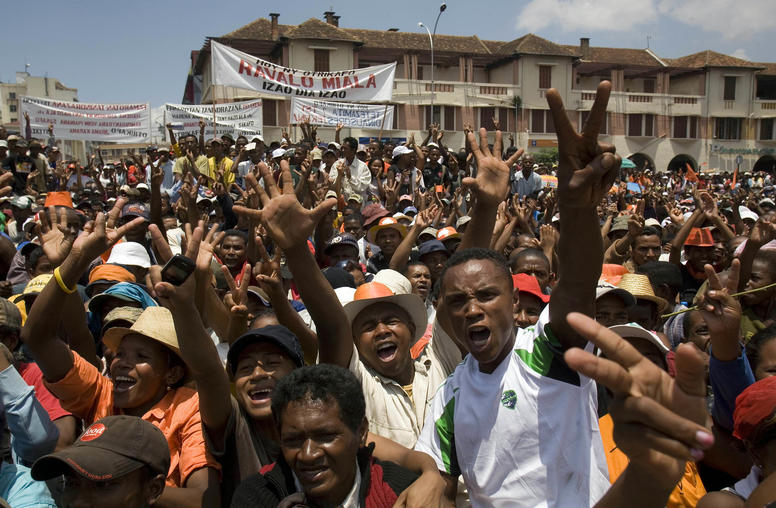
In Madagascar, a Presidential Vote Sees Old Fissures Resurface
On November 7, the Indian Ocean island nation of Madagascar, a country larger in area than California and more populous than Florida, goes to the polls to elect its next president. With a history of political crisis and fraught elections, the 2018 polls have seen renewed acrimony as no less than four former presidents of Madagascar seek the country’s highest office. USIP’s Aly Verjee and Jonas Claes discuss what’s at stake, the challenges ahead and how election disputes and violence can be mitigated.
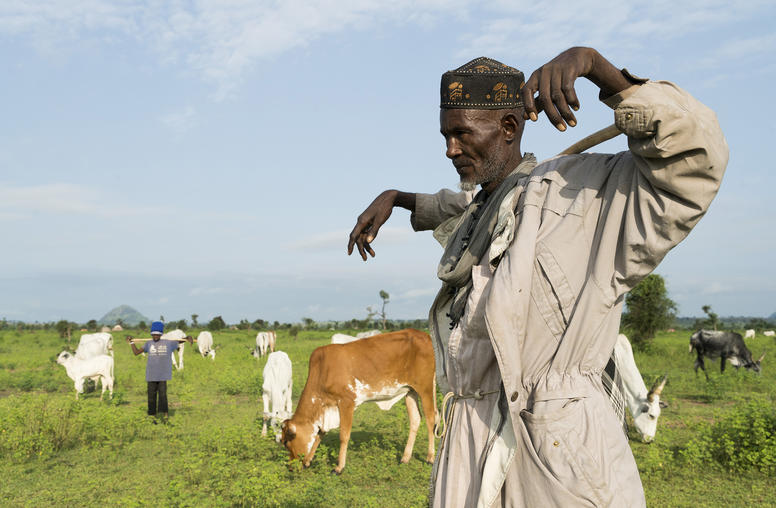
Nigeria’s Worst Violence Is Not Boko Haram
As Nigeria works to stabilize from years of warfare in its north, the deadliest threat is not the Boko Haram extremist movement, but escalating battles between farming and herding communities over scarce land and water. Bloodshed has increased since January, as armed groups have attacked and...
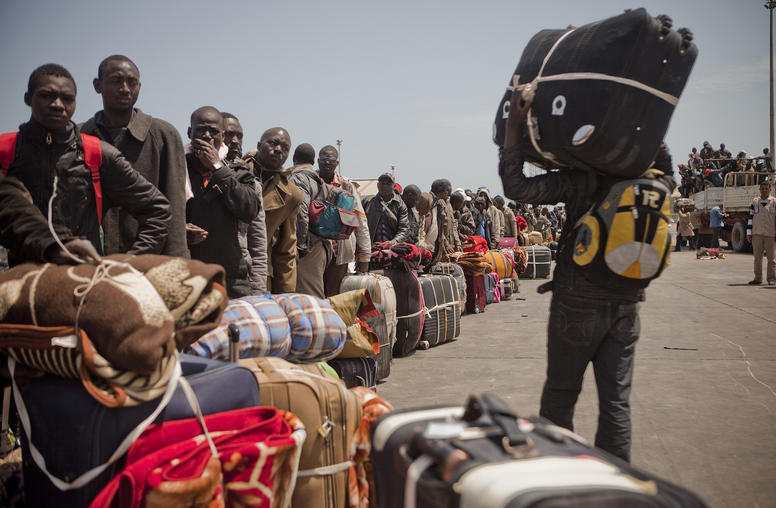
Libya’s Migrant Crisis Isn’t Just a European Problem
Next week, Italy will host an international conference intended to finally bring Libya’s bloody seven-year conflict toward resolution. Since the ouster of Muammar Qaddafi in 2011, successive U.S. administrations have watched Libya’s continuing collapse, believing that the country’s unraveling threatens only Europe. This is a mistake.
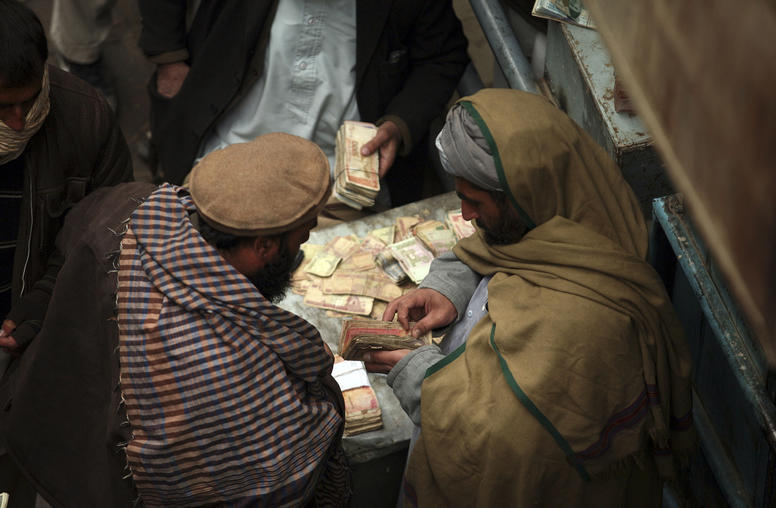
How Afghanistan Can Avoid Another Fiscal Crisis
Afghanistan’s last presidential election, in 2014, was followed by—and arguably precipitated—a fiscal crisis, which brought the country to the verge of fiscal collapse. What are the lessons that should be learned from the 2014 experience, and what can be done to avoid a repeat in 2019, which would be even more disastrous?
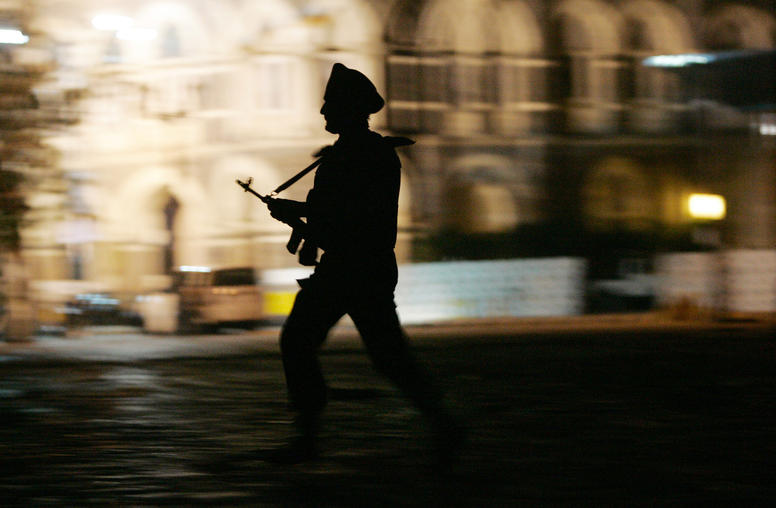
Ten Years After the Mayhem in Mumbai, is South Asia any Safer?
Moeed Yusuf discusses the impact of the November 2008 terror attacks in Mumbai, India, on the India-Pakistan relationship, crisis management in South Asia and the future of terrorism in the region.

What Can World War I Teach Us About Peacebuilding Today?
Fragility is not simply a phenomenon concentrated in a limited number of states at the periphery of rich and powerful ones. It also extends to the interconnections between richer countries and the governance structures of the very international institutions meant to support countries with particularly acute problems of governance.
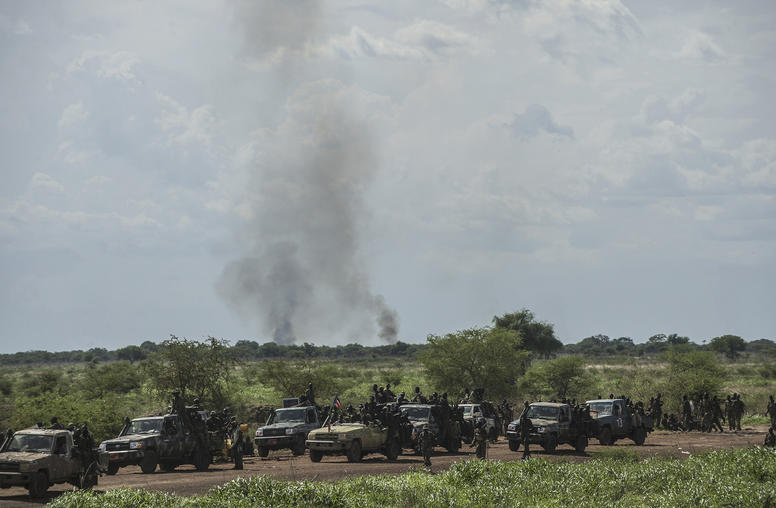
To Aid South Sudan’s Cease-fire, Increase Transparency
In the last five years, international monitors in South Sudan have documented more than 100 violations of the country’s numerous cease-fire agreements. A new analysis of the monitors’ data published from April 2014 to August 2018 demonstrates how the conflict changed as the government’s military position strengthened.
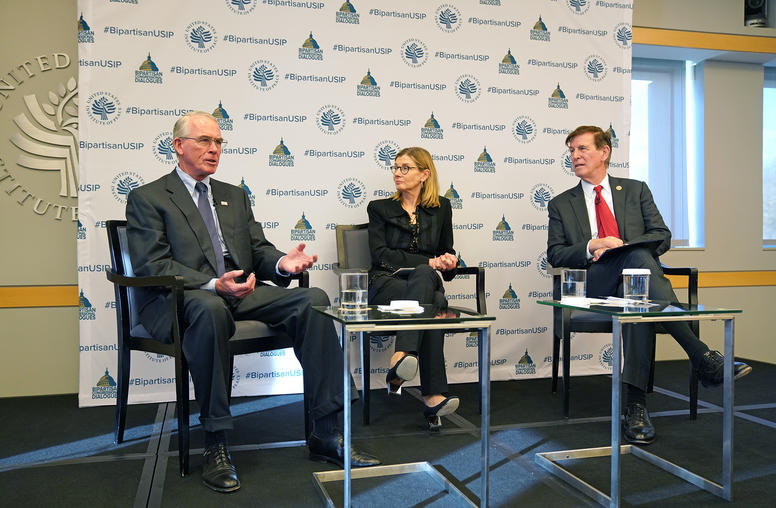
Can Soft Power Work in a Sharp Power World?
Speaking at USIP’s seventh Bipartisan Congressional Dialogue, Rep. Francis Rooney (R-FL) and Rep. Don Beyer (D-VA) discussed the threat posed by sharp power to global stability and how the United States, through bipartisan efforts, could use soft power to counter this threat.
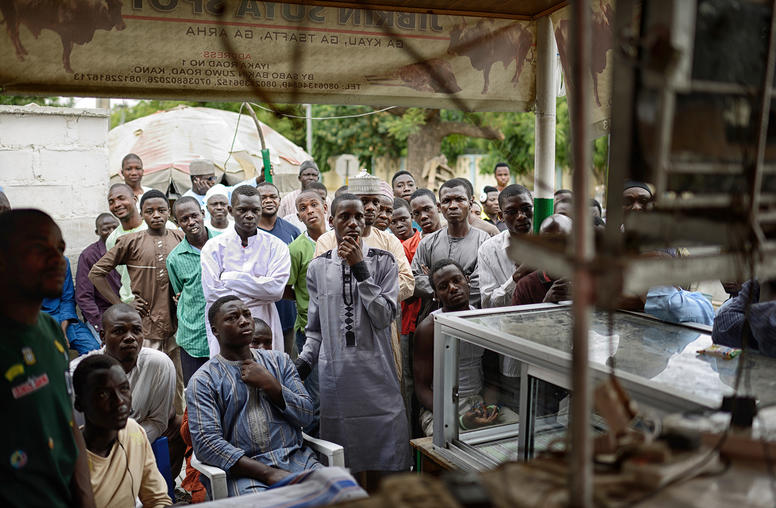
The Risk of Election Violence in Nigeria is Not Where You Think
Nigeria’s political parties are in full campaign mode ahead of national and state-level elections early next year, and unfortunately signs are emerging that election-related violence is a real possibility. It’s not too late, however, for Nigerians and the international community to take steps to reduce the risks of coercion and possibly even bloodshed.
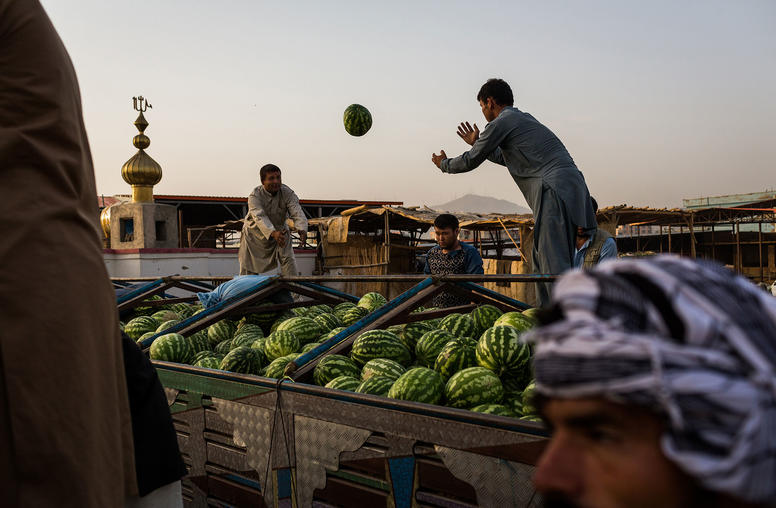
How to Secure Afghanistan’s Future
From a diplomatic and process standpoint, Geneva Conference on Afghanistan was generally seen as a success by participants (though some countries were not represented at the minister level), and the Afghan government showcased the progress it made in implementing reforms and national priority programs over the past two years. But what did the GCA accomplish substantively, what was left undone, and what questions were left unanswered?